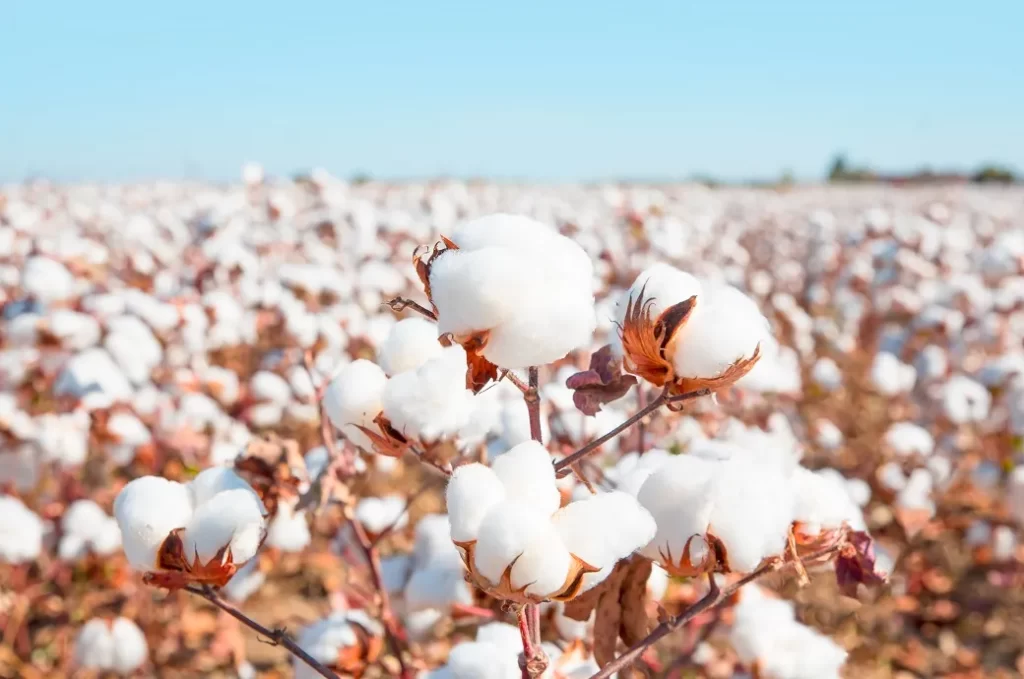Tamil Nadu fast tracked its efforts to increase cotton production to ease the burden of the industry for sourcing the natural fibre from other states. Non-availability of cotton locally is the weakest link of Tamil Nadu’s textile industry. The state government has planned to increase cotton production from 5 lakh bales of 170 kg to 25 lakh bales in 5 years.
Recently, Tamil Nadu government announced the Sustainable Cotton Cultivation Mission with necessary funds, and it also removed Agricultural Market Committee Fee on seed cotton (kapas), cotton and cotton waste that prevailed since 1959. The government aims to enhance the global competitiveness of the textile industry in the state by ensuring availability of cotton locally. The Southern India Mills’ Association (SIMA) also submitted a master plan to Tamil Nadu chief minister M K Stalin on Monday. SIMA appealed the state government to strengthen textile processing, the weakest link in the entire textile value chain with sustainable and competent technology.
The actual annual cotton requirement of the textile industry in Tamil Nadu is around 120 lakh bales while the state hardly produces 4 to 6 lakh bales. Ravi Sam, chairman, SIMA met the chief minister and submitted a master plan for increasing the annual cotton production from the present level of 5 lakh bales to 25 lakh bales in a period of five years, the association said in a media release.
The master plan has recommended to ensure adequate availability of quality cotton seeds of state-of-the-art technology capable of giving higher productivity and fibre quality matching international standards giving more thrust for extra long staple cotton, the dire need of the country. He added that the master plan also recommends mechanised harvesting and water conservation to reduce the cost of cultivation, increase the productivity and meet the global sustainability norms. He said that Stalin has given assurance to consider the master plan favourably and conduct meetings shortly in this regard.
Tamil Nadu’s textiles and clothing industry, predominantly cotton based, accounts for one third of the textile business size, 45 per cent of the spinning capacity, 70 per cent of the knitted garment capacity, 40 per cent of the home textiles manufacturing capacity, 22 per cent of the power loom capacity, 12 per cent of handloom capacity and the only state having presence of whole textile value chain. More than 80 per cent of the MSME units especially the spinning mills are in the state of Tamil Nadu.
Source: Fibre2Fashion

